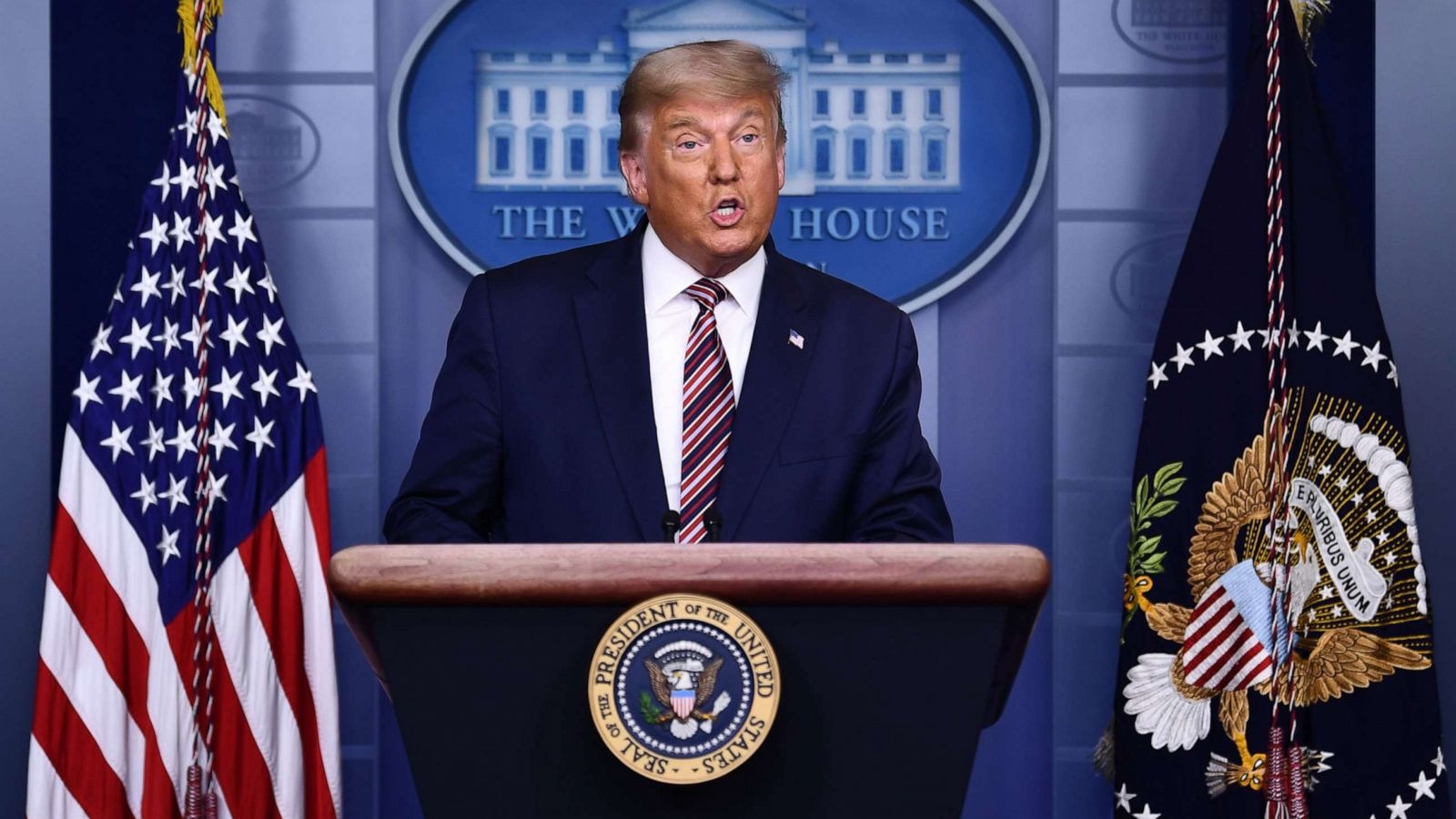Donald Trump’s recent Time Magazine interview showcased his unwavering stance on election violence, suggesting that the fairness of an election determines his acceptance of its results.
His repeated insistence that only a win by his camp equates to a fair election underscores his party’s pervasive belief in the Big Lie—the baseless claim that his losses are due to electoral fraud.
This narrative has taken root among Republicans, fostering skepticism and disenchantment among their ranks. Many voters now question the worth of participation, viewing Election Day as a futile exercise rigged against them.

Trump’s persistent advocacy of this falsehood, despite warnings from his campaign, exacerbates the situation, complicating efforts to mobilize their base.
Trump’s vilification of early and mail-in voting has backfired, suppressing turnout in critical races. Efforts to rectify this by encouraging early voting face resistance, exacerbated by Trump’s insistence on outdated voting methods. His refusal to acknowledge the efficacy of alternative voting options further hampers Republican turnout strategies.
Despite initiatives to counteract Trump’s influence, such as Turning Point USA’s “chase the ballot” program, party leaders remain divided.

Lara Trump’s focus on ballot handling and intimidation tactics suggests a preference for suppression over turnout. This approach reflects a desperate bid to salvage electoral prospects in the face of Trump’s relentless fearmongering.
Ultimately, Trump’s legacy of delegitimizing elections has left the GOP scrambling to navigate a fractured electoral landscape. As they grapple with internal discord and external scrutiny, their commitment to preserving “election integrity” risks descending into chaos and controversy.


